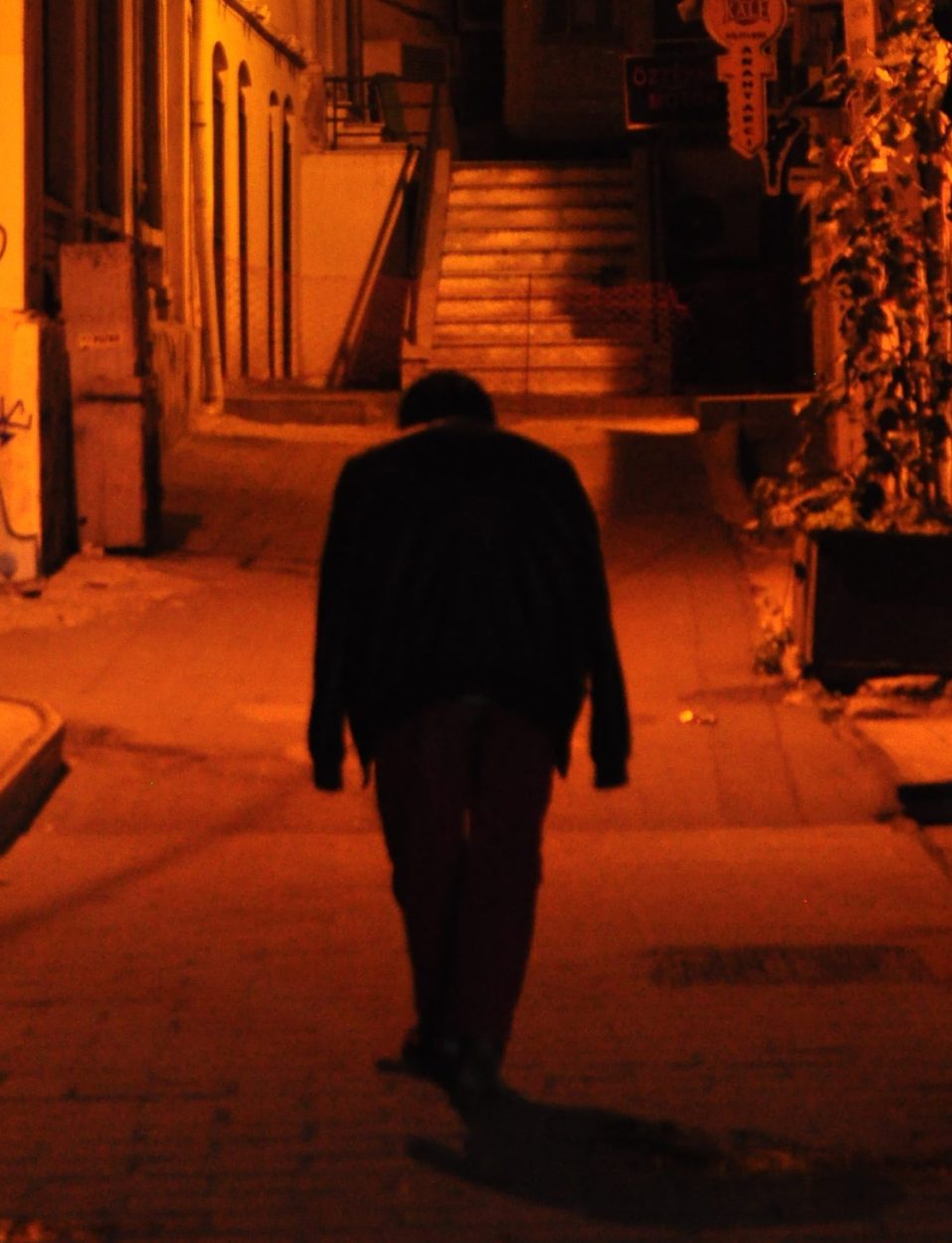I am glad that Henry Boender wrote his article, “So you are sick . . . Really?” I am sure his view expresses eloquently the opinions of so many. “The drunk is a bum” syndrome goes down hard because of the half–truths contained therein. I agree with much of what Mr. Boender has written, especially, his understanding that “sin” is becoming extinct. People don‘t sin anymore, they get sick, or behave in an inappropriate manner, or fail to function with maximum effectiveness. The Enemy delights in our ability to shade the truth through verbal gymnastics. Drunkenness is indeed a sin that people bring on themselves. Simplistic but true: the number one cause of alcoholism is excessive consumption of beverage alcohol.
At this point I believe we need to say mOre about alcoholism than what Mr. Boender has written. First Paul’s eloquent condemnation of the drunk is sandwiched among other though not lesser offenders of the flesh; namely, gripers, people dividers, resentful persons, contentious persons, et. al. Traditionally we have isolated the drunk and pointed him out as the chief of sinners. This is distortion of truth.
Secondly, it must be said that the drunk or alcoholic (call him what you will—I dont‘ like euphemisms either) is a sinner who is in trouble. When dealing with drunks we often stop at the point where we see him as a sinner, but not as a sinner who is in trouble and who desperately needs help. He needs help—not rescuing or enabling—but help: i.e., treatment. The smoker needs help. The heart patient who refuses proper diet and exercise needs help. The diabetic who neglects his sugar free diet needs help. Sinners all. But they/we need help.
Third, there is a disease dimension to the sinning alcoholics problem: he can‘t quit. He is powerless over alcohol. Will power is no power. Surrendering to his powerlessness is the key to recovery. It opens the way, for God’s power to touch him with the changed heart, and the resolve to cope with life sans beverage alcohol. The alcoholic is addicted to a drug. He cannot drink socially without endangering himself or others. Beverage alcohol is a drug. A certain percentage of people (10%) have a high tolerance to it. This means they are able to metabolize large quantities of beverage alcohol and suffer no apparent consequences. He is the person who can drink everyone else under the table. Eventually, his tolerance to alcohol deteriorates. He doesn‘t experience the desired high as he did once upon a time. Result: he consumes more alcohol and begins to concurrently experience the physical side effects: liver disease, heart disease, malnutrition, etc.

He is also experiencing what all addicts experience: as his body tissues lose tolerance for beverage alcohol he experiences a craving for more alcohol. It is a vicious cycle that is resolved only by going cold turkey and sustaining a program of abstinence continuously, notwithstanding what the Rand researchers blindly tell us.
Fourth, I am concerned about the hostility that is directed towards the alcoholic. Firm love is certainly the key in working with the alcoholics. Hostile judgmental attitudes consistently fail. The way of Christ with the sinner reflects none of that hostility. He reserved that for those who claimed they had no need of the physician. Christ could be harsh, but he was never heartless.
Fifth, if Paul said that no drunkard shall enter the kingdom of heaven, and he did, he would also say no librium or valium addict would either. These drugs prescribed so recklessly are nothing more than dehydrated encapsulated booze.
We need to deal with sinners directly. Mr. Boender is “right on.” We need also to understand the nature of the sin. Alcoholism is a complex disorder requiring solutions that reflect an adequate understanding of the dis–ease.
William R. Lenters is Chaplain-Director of Calvary Rehabilitation Center, Phoenix, Arizona.